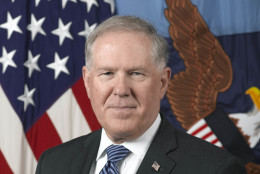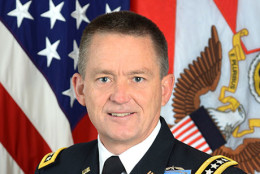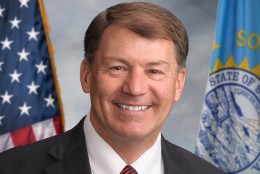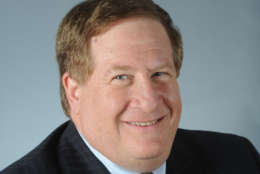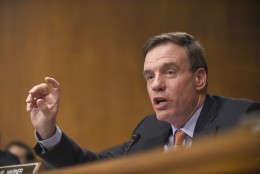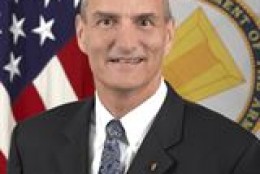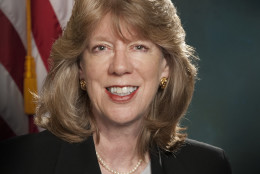Defense
-
When the Defense Department announced its plan to upgrade most of its computers to Windows 10 by 2017, the Marine Corps, characteristically, said it would go first. But the smallest of the Defense services has run into problems.
May 12, 2016 -
Defense Secretary Ash Carter is revamping the Defense Innovation Unit Experiment before it even turns a year old.
May 11, 2016 -
Frank Kendall, the Pentagon’s acquisition chief, said Tuesday that he’s comfortable with a package of procurement reforms the House Armed Services Committee passed two weeks ago, largely because the final bill took a step back from strict language that would have required DoD to use modular open architectures on all of its major weapons systems.
May 11, 2016 -
The Army is cutting more experienced soldiers to reach 450,000 active duty troops by 2018.
May 10, 2016 -
A Senate panel's version of the 2017 defense authorization bill keeps the military pay raise at 1.6 percent, but expands some health care options.
May 10, 2016 -
Sen. Mike Rounds (R-S.D.) wants the Obama administration to figure out when a cyber attack is considered an act of war.
May 09, 2016 -
Alan Chvotkin, executive vice president of the Professional Services Council, and Brenda Farrell, director of Defense Capabilities and Management Issues at the GAO, join Pentagon Solutions.
May 09, 2016 -
Objections to the use of lowest-price technically acceptable for contracts are growing, including Booz Allen Hamilton and CACI protests of DISA’s $17.5 billion ENCORE III solicitation and a new bill from two senators to restrict when the military uses this type of contract.
May 09, 2016 -
With the demand for cyber skills high, the Air Force Reserve is trying to stay afloat.
May 06, 2016 -
Greg Garcia, the chief information officer/G6 of the Army Corps of Engineers, said the Defense Department’s mandated transition to Windows 10 is a top of mind priority, but he is balancing that with cyber, cloud and other priorities.
May 06, 2016 -
In this heated election season, the Government Accountability Office finds that some military absentee voting bugaboos persist, and the brass needs to do more about it. Brenda Farrell, GAO's director of Defense Capabilities and Management Issues, shared her insight on Federal Drive with Tom Temin.
May 06, 2016 -
The first estimates of the savings realized from the House's plan to reform TRICARE come in around $7 billion.
May 05, 2016 -
Tucked into the National Defense Authorization bill for 2017 were two provisions that would change contract protests and not in a way favorable industry. The Professional Services Council had asked House Armed Services Committee leaders to drop them. PSC Executive Vice President Alan Chvotkin joins Federal Drive with Tom Temin to discuss what's in the bill.
May 05, 2016 -
False stories harm the reputations of both the government and the contractor. Even whole programs.
May 04, 2016 -
Adm. Michelle Howard joins Women of Washington hosts Aileen Black and Gigi Schumm to share her amazing and inspiring personal journey.
May 04, 2016



